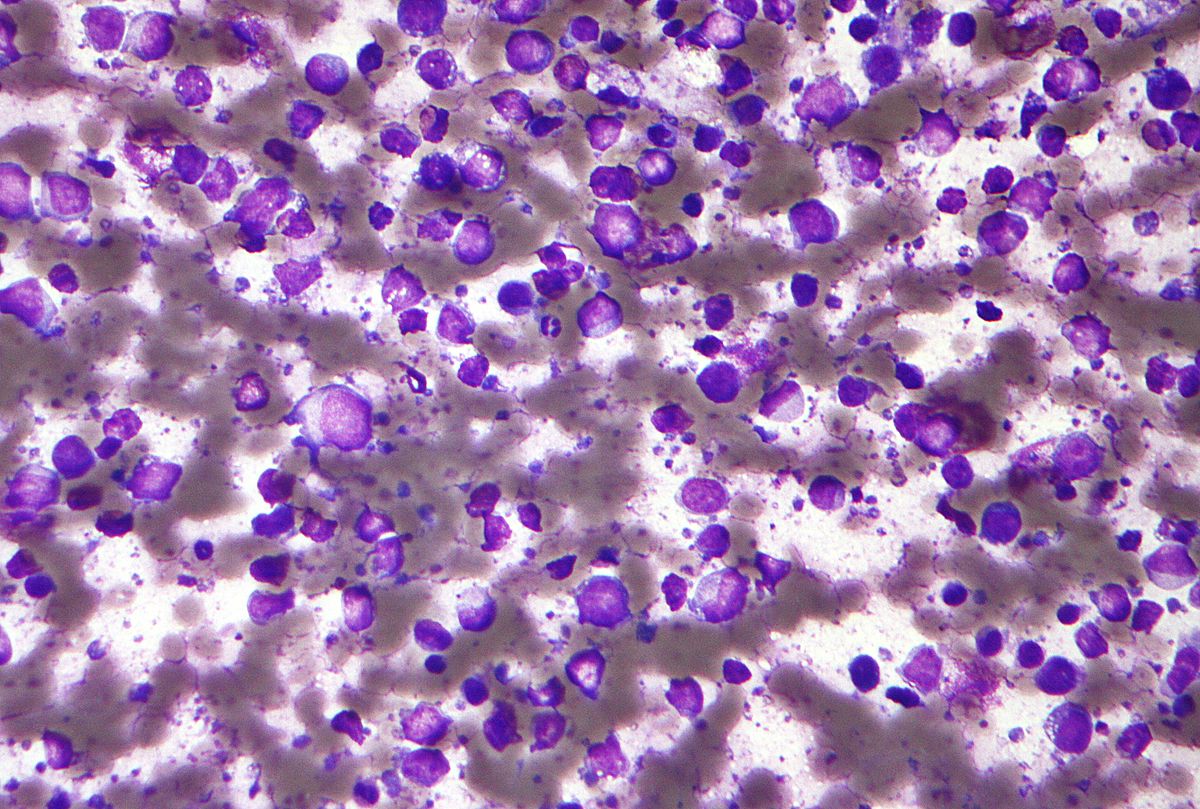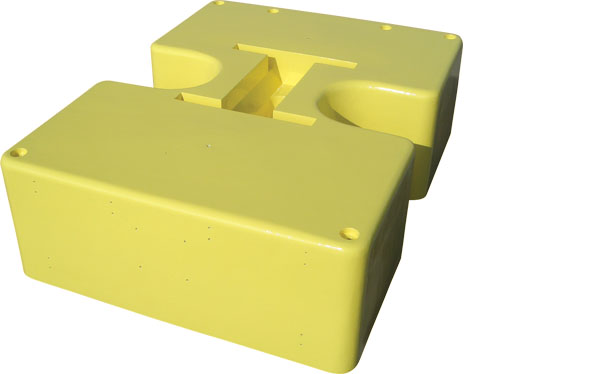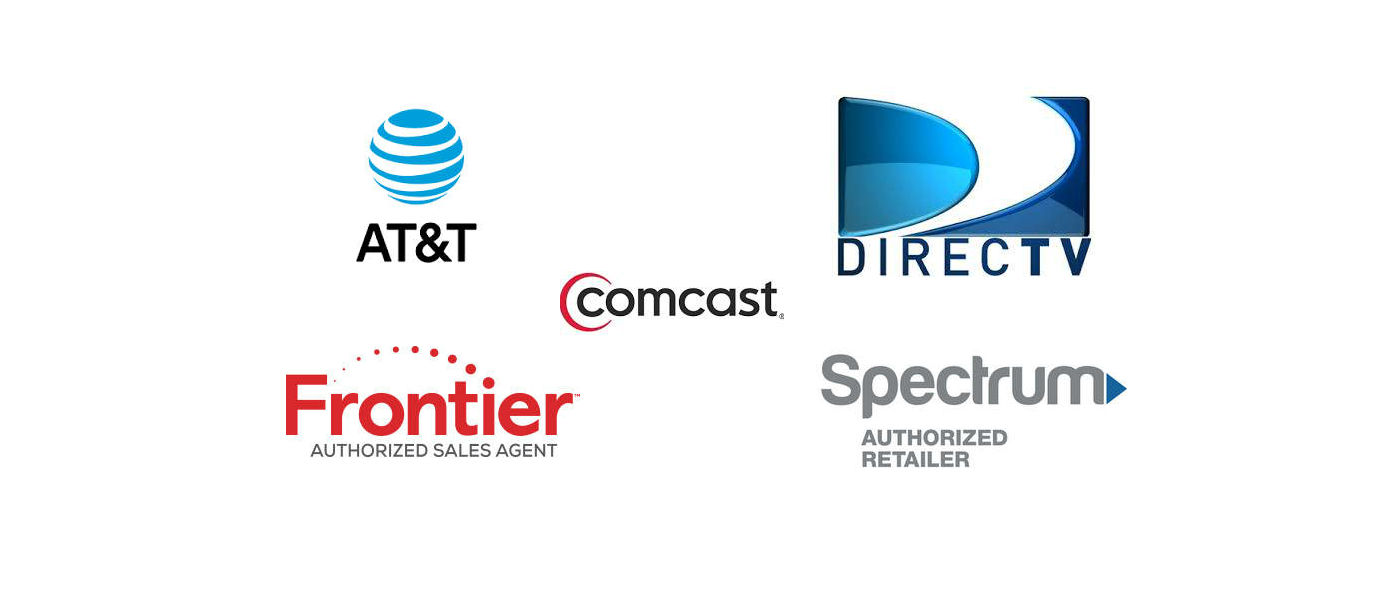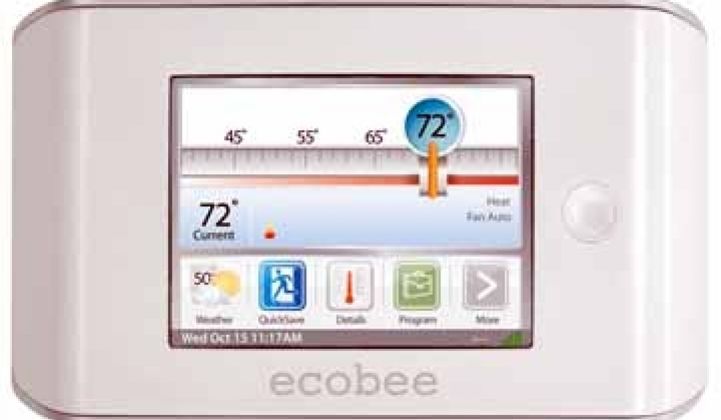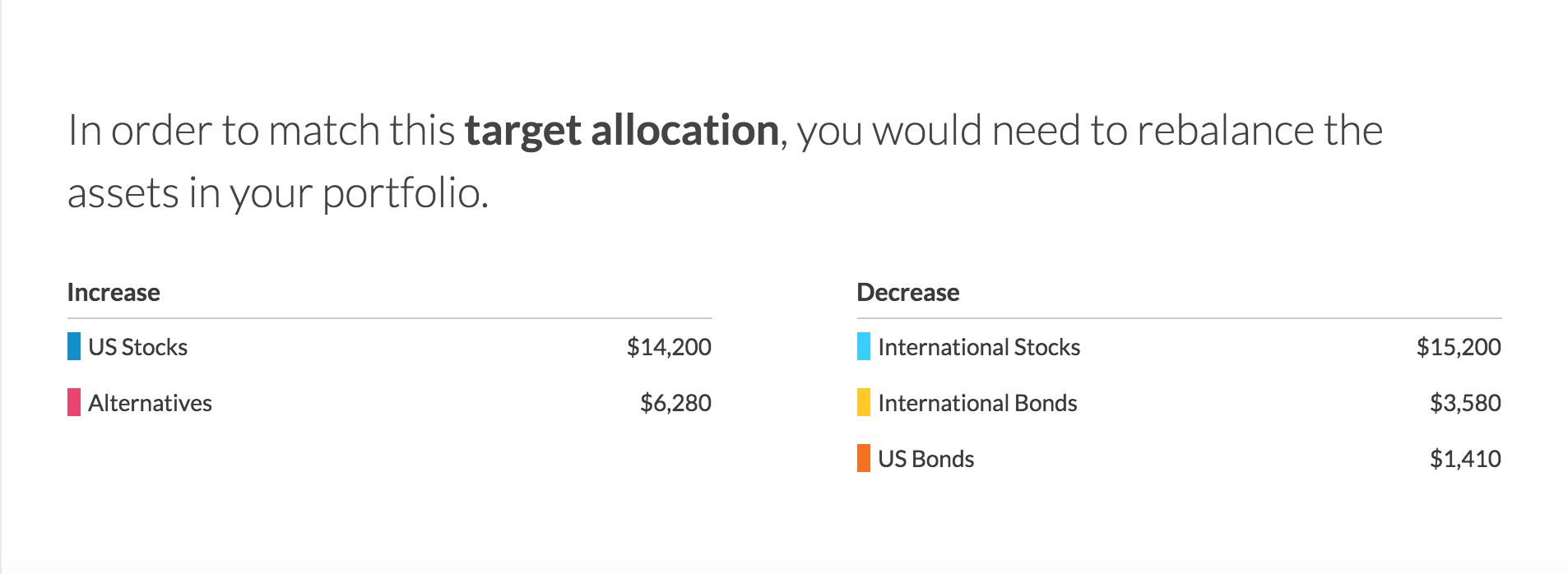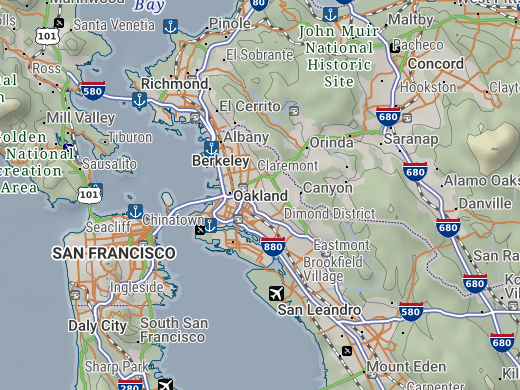These accelerated programs often take around four years with the general prerequisite nursing courses completed in the first two years of study. All programs emphasize a faith-based curriculum that presents healthcare concepts to students through a Christian lens.
 Direct Entry Dnp Programs For Non Nursing Majors College Learners
Direct Entry Dnp Programs For Non Nursing Majors College Learners
Direct entry nurse practitioner programs allow students with bachelors degrees in other fields to earn a graduate degree in nursing.
Direct dnp programs. Public universities are trickier. According to the American Association of Colleges of Nursing the Doctor of Nursing Practice is designed for nurses seeking an alternative to research-focused doctoral programs. DNP students can consider several program options.
A CSON education prepares DNP students to become compassionate evidence-based practitioners who are leaders in their fields and can initiate change within increasingly complex health care systems. Depending on the program this usually includes about three courses. Once enrolled a faculty advisor works with each student to create an individualized program plan.
With the increasing scope of clinical scholarship in nursing and the growth of scientific knowledge in the discipline doctoral level education is required for independent practice. In most cases DNP programs that accept bachelors-prepared RNs are actually designed to provide entry points for both BSN- and MSN-prepared students. These accelerated programs often take around four years with the general prerequisite nursing courses completed in the first two years of study.
Direct-entry MSN programs for non-nursing majors are designed for career changers and other individuals who have a bachelors degree but no prior nursing experience. Once students pass these courses and become eligible for nursing licensure they can then complete their degree. Students do not earn a BSN degree but progress directly to the DNP.
The Direct-entry DNP degree program is designed for the individual who holds a bachelors degree in a non-nursing field and who has decided to pursue graduate nursing education. The first year and a half of this program. Many nurse practitioner programs cater to students who have worked as a registered nurse and have earned a bachelors degree in nursing.
Assuming this applies to you and you already hold a bachelors degree youve already completed the basic prerequisites for a direct entry DNP. Others have radically different tuition rates for in-state and out-of. Some schools have a standard tuition rate for the doctorate regardless of residency.
Once students pass these courses and become eligible for nursing licensure. Most students complete the DNP program in 2 to 6 years. Direct Entry DNP Concentrations.
During your first 5 quarters of graduate study you will focus on pre-licensure coursework that prepares you to take the Registered Nurse RN exam. Who is the Direct Entry DNP Designed For. Your full-time program of study will take four calendar years.
Adult-Gerontology Primary Care Nurse Practitioner Family Nurse Practitioner Pediatric Primary Care Nurse Practitioner PsychiatricMental Health Nurse Practitioner and Womens Health Nurse Practitioner Boston College also offers a Doctor of Nursing Practice program for nurses who dont have BSNs but whove earned Bachelors degrees in other fields of study. DIRECT ENTRY NURSE PRACTITIONER PROGRAMS. Everything we offerfrom our curriculum to student supportis grounded in Boston Colleges commitment to social justice and an educational philosophy that values the intrinsic worth of every.
Direct Entry DNP Programs Designed for students who have a non-nursing masters degree direct entry DNP programs usually offer some type of bridge program to get you caught up to speed on terms techniques and research to prepare you for the DNP. And online direct-entry MSN programs offer an additional level of flexibility and convenience not. It is one of two terminalor highest degrees a nurse can achieve.
These programs provide a straight path to becoming a professional nurse while awarding an advanced degree at the same time. What is a Direct-Entry Nurse Practitioner Program. Regardless of whether your bachelors degree is in psychology engineering or business administration the direct entry DNP.
The next three years of full-time doctoral study will prepare you as an advanced practice nurse. Upon successful completion of four years of study you will earn your Doctor of Nurse Practitioner. As the need for more advanced practice nurses grows schools have designed direct-entry programs that allow career changers to complete a rigorous and comprehensive nursing education.
These accelerated programs often take around four years with the general prerequisite nursing courses completed in the first two years of study. The Doctor of Nursing Practice degree is an advanced degree within the nursing field. The Connell School of Nursings accelerated Direct Entry Doctor of Nursing Practice Program DNP offers students with bachelors degrees in fields other than nursing an exceptional education that will prepare you to succeed as an advanced practice leader in your area of specialty.
The Post-Baccalaureate Doctor of Nursing Program DNP prepares nurse clinicians RNs or advanced practice nurses APRNs to provide fully accountable and comprehensive care to patients. Program length depends on several factors including the chosen focus area full- or part-time enrollment and route of entry. This accelerated degree program is specifically designed for students who have earned a bachelors degree in a field other than nursing.
Direct entry nurse practitioner programs allow students with bachelors degrees in other fields to earn a graduate degree in nursing. The post-baccalaureate family nurse practitioner program the post-baccalaureate psychiatric mental health nurse practitioner option and the post-masters leadership track. Direct entry nurse practitioner programs allow students with bachelors degrees in other fields to earn a graduate degree in nursing.
The price for online DNP programs at private universities is fairly straightforward tuition rate x credits. MSN-educated RNs entering these programs would simply start. These post-bachelors DNP programs include the components of both the MSN and the DNP providing a streamlined route to earning the Doctor of Nursing Practice.


